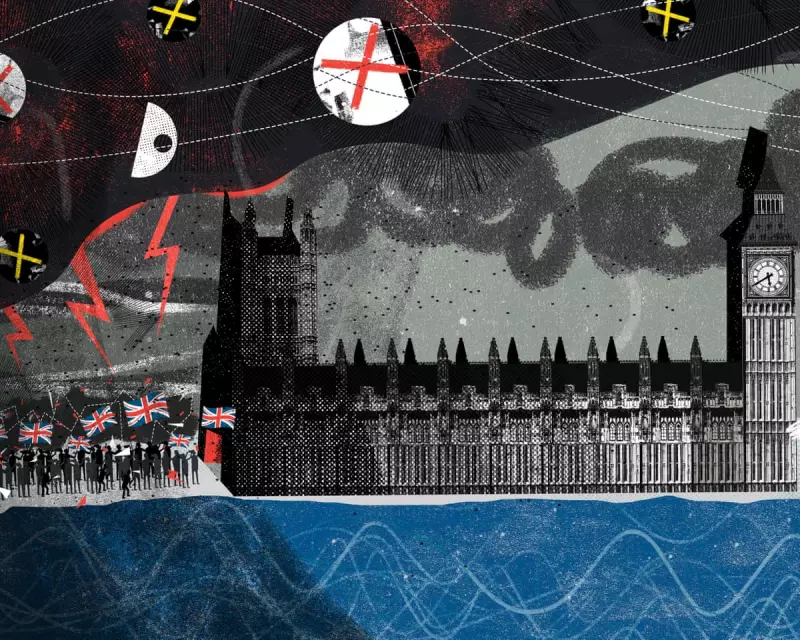
In an era where democratic institutions worldwide face mounting pressure, Britain's centuries-old reliance on an unwritten constitution appears increasingly like a dangerous gamble. Unlike virtually every other modern democracy, the United Kingdom operates without a single, codified constitutional document—a situation that some legal experts now describe as a ticking time bomb.
The Gentleman's Agreement That No Longer Holds
For generations, Britain's constitutional framework has depended on what might be called a 'gentleman's agreement'—an intricate web of conventions, traditions, and precedent rather than legally enforceable safeguards. This system functioned adequately during periods of political stability and consensus, but cracks are beginning to show.
The fundamental problem lies in what constitutional scholars call 'the emptiness of the crown.' In theory, the monarch retains vast reserve powers that could, in extreme circumstances, be wielded against a democratically elected government. In practice, these powers lie dormant, controlled by convention rather than law.
A System Vulnerable to Abuse
Recent political turmoil has exposed the system's fragility. Without clear, legally binding constraints, a government determined to test constitutional boundaries could potentially:
- Prorogue Parliament for extended periods without justification
- Ignore established conventions around ministerial conduct
- Appoint individuals to key positions without proper scrutiny
- Override judicial decisions through parliamentary majority
These aren't merely theoretical concerns. We've witnessed several of these scenarios play out in recent years, creating constitutional standoffs that highlighted the system's reliance on goodwill rather than enforceable rules.
The Global Context: Learning from Others
While Britain clings to its unwritten traditions, other nations have taken different approaches. The United States, Germany, South Africa, and countless other democracies have codified constitutions that establish clear checks and balances. These documents:
- Define and limit government powers explicitly
- Establish independent constitutional courts
- Protect fundamental rights from parliamentary override
- Create mechanisms for peaceful resolution of constitutional disputes
As one constitutional expert noted, "When political norms break down, as we've seen in several democracies recently, written constitutions provide essential guardrails that Britain simply lacks."
The Path Forward: Modernising Britain's Foundation
The debate around constitutional reform is no longer an academic exercise. With trust in political institutions declining and global democratic norms under threat, the case for a written British constitution grows stronger by the day. Such a document would need to:
- Clearly define the relationship between government, parliament, and judiciary
- Establish and protect fundamental rights beyond parliamentary reach
- Create transparent mechanisms for constitutional amendment
- Define the powers and limitations of the executive branch
The challenge lies in creating a document that preserves what works in Britain's unique system while providing the protections modern democracy requires. It's a delicate balance, but one that many argue can no longer be ignored.
As Britain navigates an increasingly complex global landscape, the question remains: can a system built on gentlemen's agreements and unwritten rules withstand the pressures of 21st-century politics? The answer may determine the future of British democracy itself.





